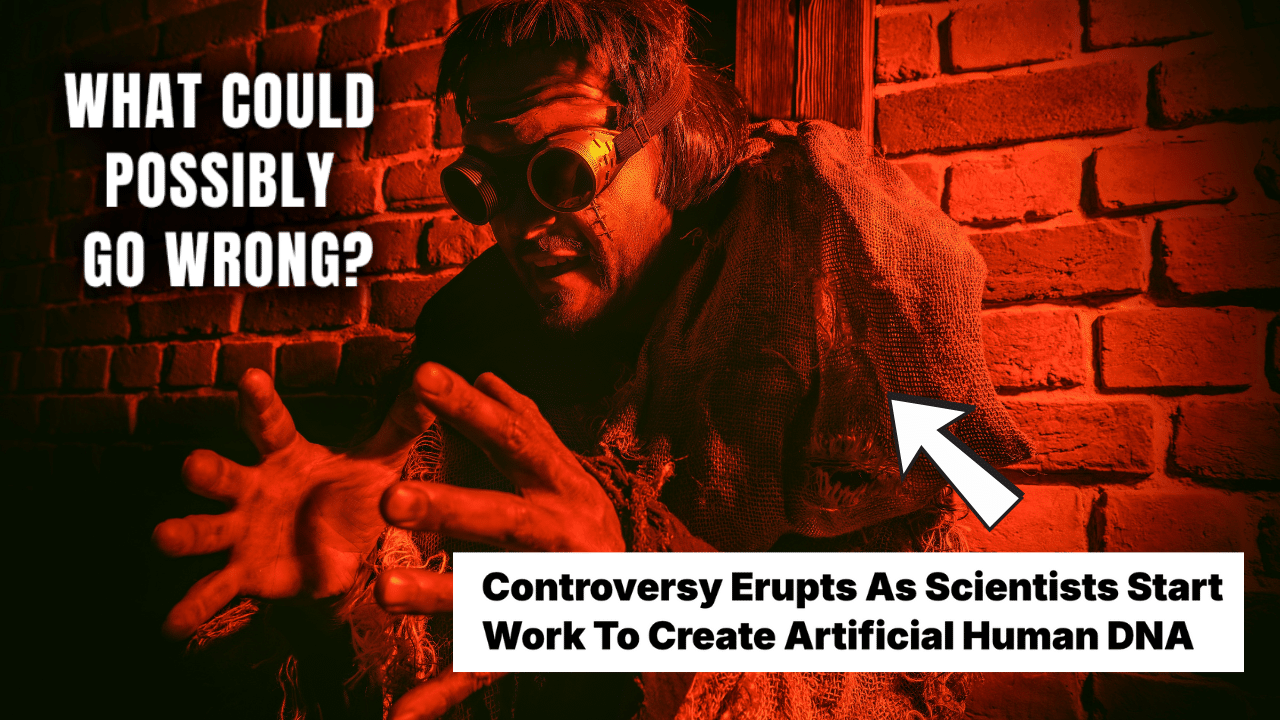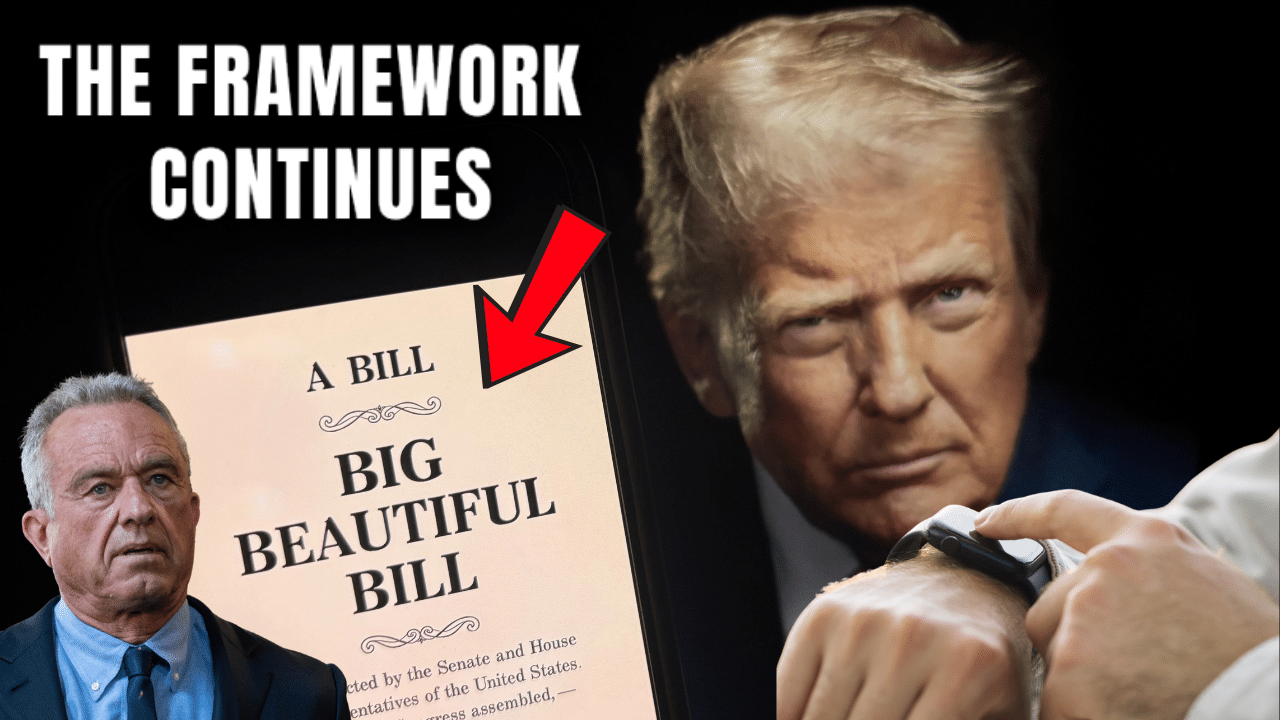Eyelashes do far more than enhance facial aesthetics — they serve as crucial protectors of eye health. From shielding the eyes from airborne dust and debris to triggering the blink reflex that guards against irritants, these delicate hairs play an important biological role.
Despite this, a strange trend is sweeping across social media: young men trimming or entirely shaving off their eyelashes to appear “more masculine.”
Videos circulating on platforms like TikTok, Instagram, and X depict men in barbershops — from Istanbul to Auckland — wielding razors and scissors mere millimeters from their eyes in a bid for shorter, more rugged lashes.
Some of the footage shows barbers using electric clippers with buzzing precision, while others rely solely on manual scissors, sometimes improvising without proper tools or technique.
This viral phenomenon has raised concerns among medical professionals.
Dr. Vickie Lee, a consultant ophthalmic and oculoplastic surgeon at Imperial College London, emphasized in an email interview that eyelashes are essential to both vision and ocular health.
“They don’t just look good — they serve as the first line of defense for the eyes,” she explained.
“They act as a barrier, stimulate the blink reflex, reduce airflow over the surface of the eye, and help maintain moisture. They even filter out intense sunlight, reducing glare and improving visual clarity.”
Lee warned that while eyelashes naturally shed and regrow in cycles, forcibly removing or cutting them can cause problems.
“Improper removal risks leaving sharp, stubby ends that can rub against the surface of the eye, causing discomfort, irritation, or even injury,” she said. “It’s not just cosmetic — it can become a medical issue.”
Historically, long, dark lashes have been considered a symbol of beauty and femininity. Art from painters like John Singer Sargent and Pablo Picasso often highlighted them, and literature from Thomas Hood to F. Scott Fitzgerald romanticized them.
Scientific studies suggest that lush eyelashes may also signal higher estrogen levels, a marker linked to fertility and attractiveness, which might explain their persistent association with femininity.
Yet, in today’s cultural climate — particularly among online communities influenced by hypermasculine ideologies — there’s a growing push to distance male appearance from anything perceived as feminine.
Prominent voices in the “manosphere” such as Andrew Tate and tech figures like Meta CEO Mark Zuckerberg have publicly advocated for a resurgence of “masculine energy” in society.
In a January interview with Joe Rogan, Zuckerberg stated, “A culture that celebrates aggression a bit more has its own merits,” reinforcing a growing trend of rejecting softer or more traditionally feminine traits in men.
Even political figures aren’t immune. During the U.S. election debate in October 2024, Vice President JD Vance became the subject of viral speculation over his dark lashes, with many viewers accusing him of wearing eyeliner.
The rumors spread so widely that former congressman George Santos felt compelled to defend him, writing on X: “Vance does NOT use eyeliner… I’ve met him in person. He has long eyelashes and they cast a shadow. Grow up people!”
Despite the online noise, not all men are buying into the anti-eyelash movement. Spencer Bailey, a 48-year-old IT professional in London, has been on the receiving end of comments about his naturally thick, dark lashes for decades.
“Guys have always said they’re ‘girly,’” Bailey said. “Some have even asked if I’m wearing makeup or if they’re fake.
But I’m 6’2” and pretty masculine by most standards. My wife loves them — it’s other men who seem to have the problem. Still, I’d never shave them off. That just seems extreme.”
The trend also aligns with a broader political shift in the U.S. toward more traditional gender roles.
According to a New York Times analysis of post-2024 election data from the Views of the Electorate Research Survey — a project by the Democracy Fund and YouGov — a significant majority of Republican voters now express concern that modern ideas of masculinity have damaged society.
Over 75% of Republican respondents agreed with the statement, “What it means to be a man has changed and I don’t think that has been good for society.”










